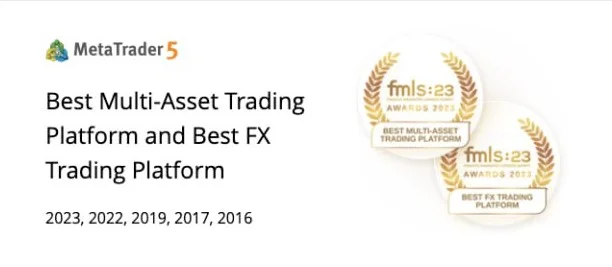Should you use a hot wallet or cold storage? A mobile wallet or a hardware wallet?
It depends.
The best Bitcoin wallet for you will depend on your preferences across three dimensions:
- Convenience
- Security
- Control
Depending on your preferences, there are trade-offs. You can’t have it all.

In general, a hot wallet is the most convenient but is the least secure (since private keys are online and can be potentially stolen by hackers). And a cold wallet is the most secure but the least convenient.
Most hot and cold wallets can either be custodial or non-custodial wallets so which one you choose will depend on the level of control you want.
If you value convenience, a mobile wallet allows you to transact on the go, while a web wallet can be accessed with any internet browser.
If you value security, you should avoid using a web wallet. And depending on the level of security you want, there are several options to choose from.
If you value full control, a brain wallet, paper wallet, or hardware wallet (such as Ledger or Trezor) will likely be the best option.
Keep in mind that having full control doesn’t necessarily mean it’s more secure.
For example, you could use a paper wallet, which gives you full control of your bitcoins, but if you just leave the piece of paper lying around or post a photo of it on Instagram, it’s not really secure.
In the chart below, you can see the trade-offs between the different types of wallets.
For example, holding your bitcoins in non-custodial cold storage provides the most secure, most control, but least convenient option. While a custodial hot wallet provides the most convenient option, but with the least amount of control and security.

Another thing to consider is how frequently you will use your funds. For example, are your bitcoins used for trading or are you strictly HODLing?
If you’re trading bitcoins, you’ll probably be transferring funds much more frequently between your trading platform and wallet compared to just HODLing.
| Security | Ease of Use | Transfer Frequency | |
| Desktop Wallet | Medium | Medium | Medium |
| Mobile Wallet | Medium | Medium | High |
| Web Wallet | Low | High | High |
| Hardware Wallet | High | Low | Low |
| Paper Wallet | High | Low | Low |
| Brain Wallet | Very High | Very Low | Low |
It’s important that you research what wallet types work best for you.
Research the options available to you, including cost and security.
| Wallet Type | Medium | Custodial/Non-Custodial | Hot/Cold |
| Mobile | Software | Can be either | Hot |
| Web | Software | Can be either | Hot |
| Desktop | Software | Non-Custodial | Hot |
| Paper | Physical | Non-Custodial | Cold |
| Hardware | Physical | Non-Custodial | Cold |
| Brain | Memory | Non-Custodial | Cold |
Getting Started
To get started familiarizing yourself with using Bitcoin wallets I recommend taking the following steps for beginners:
- Download and install a non-custodial mobile wallet (like Trust Wallet, Exodus, or Coinbase Wallet).
- Learn how to back up and restore your seed phrase.
- Buy a tiny amount of bitcoin at a centralized exchange (CEX).
- The (fractional) bitcoin will be stored on a web wallet hosted by the crypto exchange.
- Transfer funds from the web wallet to your non-custodial mobile wallet.
In the next lesson, before I discuss how to buy bitcoin, I’m e going to explain some of the basic wallet functions: sending and receiving.


